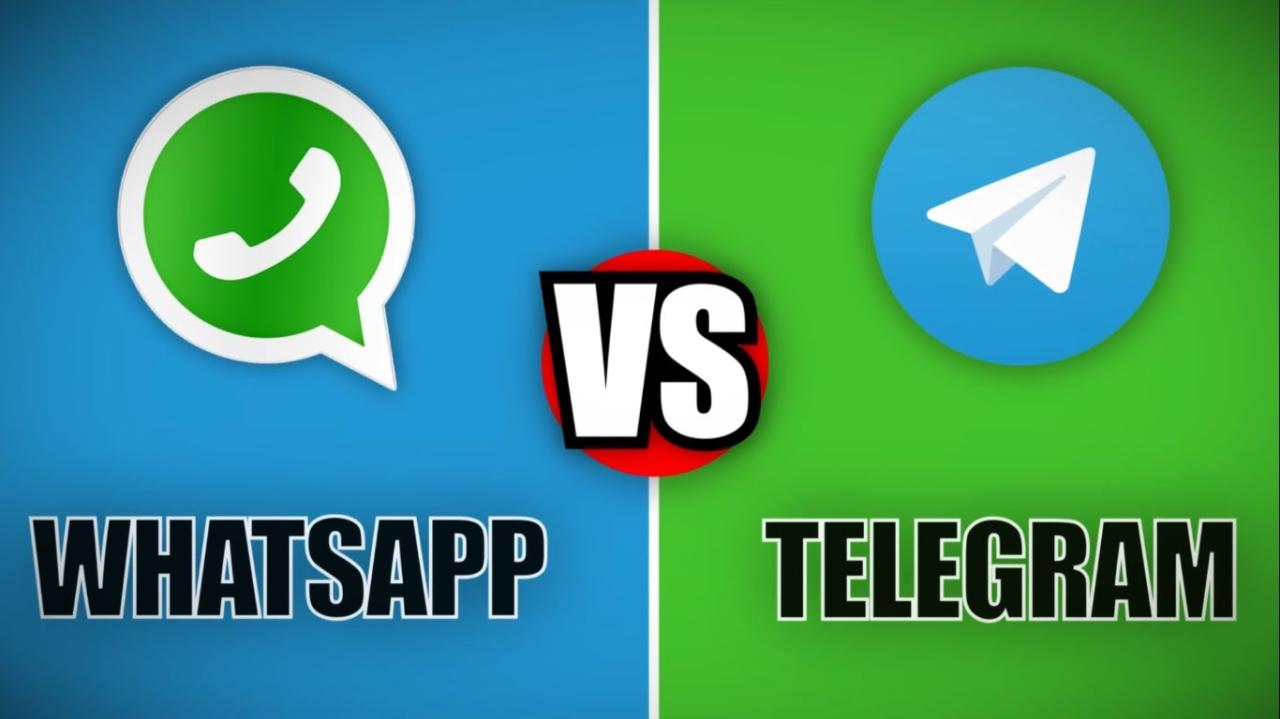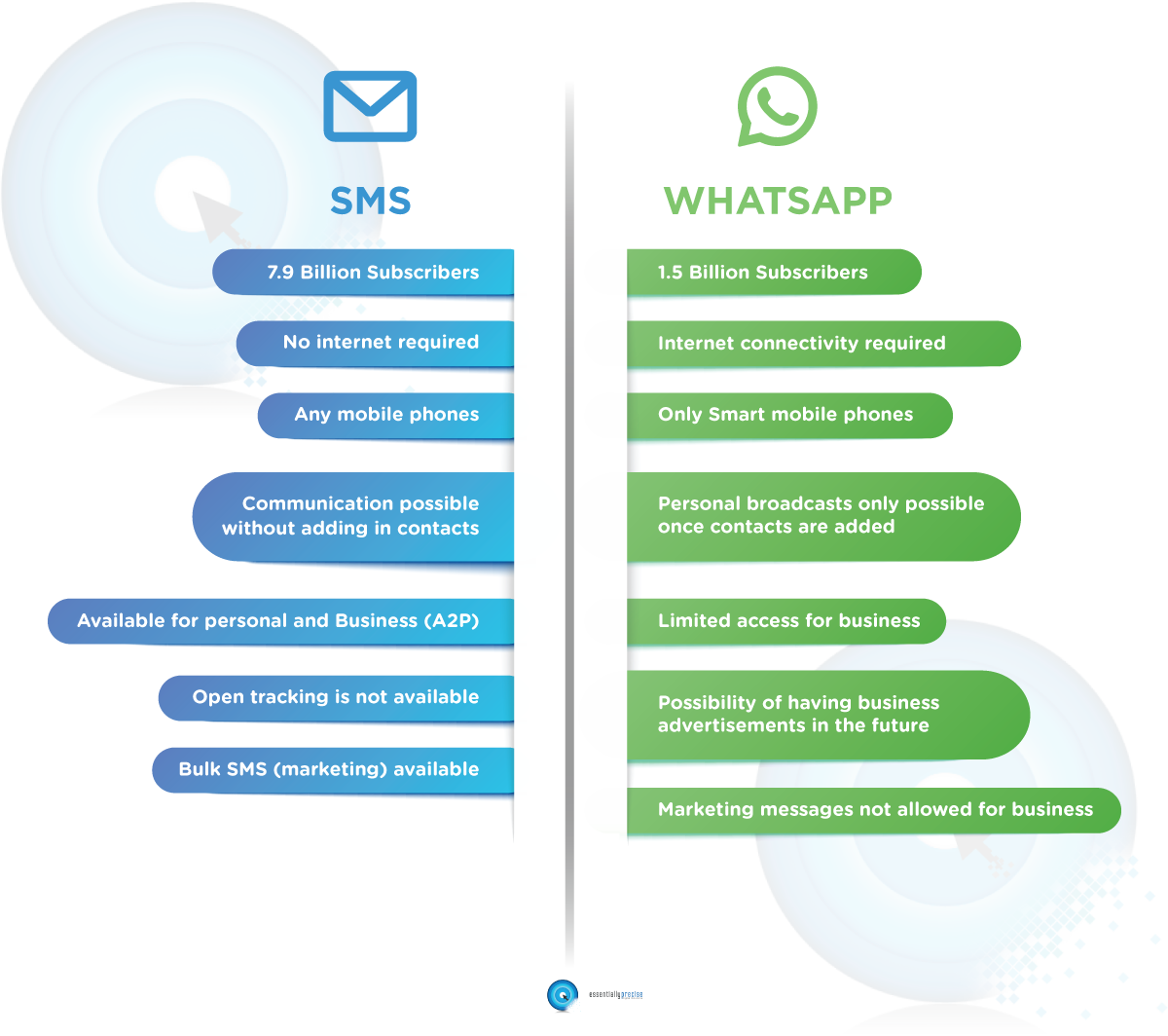In the realm of modern communication, messaging apps have emerged as indispensable tools, connecting individuals and businesses across vast distances with unprecedented ease. Among the myriad of messaging platforms available, WhatsApp stands out as a global behemoth, boasting a staggering user base and a comprehensive suite of features.
This comparative analysis delves into the intricacies of WhatsApp’s offerings, pitting it against other popular messaging apps to unravel their strengths, weaknesses, and unique value propositions. By examining key aspects such as feature sets, user base, privacy protocols, and business potential, we aim to provide a comprehensive understanding of the messaging app landscape and empower users to make informed choices.
Introduction
In today’s fast-paced world, messaging apps have become indispensable tools for communication, bridging distances and facilitating seamless interactions.
Among the plethora of messaging apps available, WhatsApp stands out as a global leader, boasting an extensive user base and an impressive array of features.
Feature Comparison
WhatsApp offers a wide range of features that make it a popular choice for messaging and communication. However, it is not the only messaging app available, and there are several other options that offer similar or even better features.
To help you make an informed decision about which messaging app is right for you, we have compiled a table comparing WhatsApp’s features with those of other popular messaging apps, including Telegram, Signal, and Messenger.
End-to-End Encryption
- WhatsApp uses end-to-end encryption to protect your messages from being intercepted by third parties.
- Telegram also uses end-to-end encryption, but it is not enabled by default.
- Signal uses end-to-end encryption by default, and it is considered to be one of the most secure messaging apps available.
- Messenger uses end-to-end encryption for some of its features, but it is not enabled by default.
Group Chat Size
- WhatsApp allows you to create group chats with up to 256 participants.
- Telegram allows you to create group chats with up to 200,000 participants.
- Signal allows you to create group chats with up to 1,000 participants.
- Messenger allows you to create group chats with up to 50 participants.
File Sharing Capabilities
- WhatsApp allows you to share files up to 100 MB in size.
- Telegram allows you to share files up to 2 GB in size.
- Signal allows you to share files up to 100 MB in size.
- Messenger allows you to share files up to 25 MB in size.
User Base and Market Share
WhatsApp has a colossal user base and dominates the global messaging app market. It boasts over 2 billion monthly active users, making it the most widely used messaging platform worldwide.
According to a report by Statista, WhatsApp’s market share is estimated to be around 68.1% in 2023, significantly higher than its competitors. Other messaging apps like Telegram, Messenger, and Signal have smaller but notable user bases and market shares.
Regional Popularity
- WhatsApp enjoys immense popularity in regions such as South America, Africa, and India, where it has become an integral part of daily communication.
- In contrast, Telegram has gained traction in Europe and parts of Asia, while Messenger remains popular in North America and parts of Europe.
- Signal has a smaller but dedicated user base, particularly among privacy-conscious individuals and in countries with limited internet access.
Privacy and Security
WhatsApp prides itself on offering end-to-end encryption for all messages, meaning that messages are encrypted from the sender’s device to the recipient’s device, making them inaccessible to WhatsApp or any third parties. This robust encryption ensures that only the sender and recipient can read the messages, providing a high level of privacy and security.
WhatsApp’s Privacy Policies
WhatsApp’s privacy policies have been the subject of scrutiny in recent years. The company has been criticized for sharing user data with its parent company, Facebook, and for its use of targeted advertising. However, WhatsApp has since made changes to its privacy policies and now provides users with more control over their data.
Users can now opt out of data sharing with Facebook and can choose to limit the use of targeted advertising.
Business and Marketing Potential

WhatsApp presents a vast potential for businesses to enhance their communication and marketing strategies. Its widespread adoption and user-friendly interface make it an ideal platform for businesses to connect with their customers and promote their products or services.
WhatsApp Business App, a dedicated platform for businesses, offers features tailored to meet their specific needs. Businesses can create a business profile, set up automated messages, and manage customer interactions effectively.
Benefits of Using WhatsApp for Business
- Enhanced Customer Engagement: WhatsApp allows businesses to engage with customers in real-time, providing personalized support and addressing their queries promptly.
- Targeted Marketing: Businesses can create broadcast lists to send targeted messages to specific customer segments, promoting new products or offers.
- Lead Generation: WhatsApp can be used to generate leads by capturing customer information through forms or interactive chatbots.
- Improved Customer Loyalty: By providing excellent customer support and personalized experiences, businesses can build stronger relationships with their customers, fostering loyalty and repeat business.
Limitations of Using WhatsApp for Business
- Limited Reach: WhatsApp’s reach is primarily limited to mobile devices, which may not be suitable for businesses targeting desktop users.
- Data Privacy Concerns: WhatsApp’s data sharing practices have raised concerns among some businesses, as it may involve sharing customer information with its parent company, Meta.
- Spam and Abuse: Businesses need to be cautious of spamming or sending unsolicited messages, as this can lead to negative customer experiences and potential account suspensions.
Future Trends and Innovations
The messaging app industry is constantly evolving, with new trends and innovations emerging all the time. Here are some of the most important trends to watch for in the coming years:
-*The rise of artificial intelligence (AI)
AI is already being used in a variety of ways to improve the user experience in messaging apps, and its use is only expected to increase in the future. For example, AI can be used to: – personalize the user interface – filter out spam and unwanted messages – translate messages in real-time – create chatbots that can provide customer support
-*The integration of blockchain technology
Blockchain technology has the potential to revolutionize the way we send and receive messages. For example, blockchain could be used to: – create decentralized messaging apps that are not controlled by any single company – enable users to send and receive payments through messaging apps – securely store and manage user data
-*The development of new messaging protocols
The current messaging protocols are showing their age, and new protocols are being developed to address their limitations. For example, new protocols could be used to: – improve the efficiency of message delivery – increase the security of messaging apps – support new features, such as group video calling
Closure

As the messaging app industry continues to evolve, WhatsApp and its competitors are poised to introduce innovative features and capitalize on emerging trends. The race to provide the most secure, feature-rich, and user-friendly messaging experience will undoubtedly intensify, offering users a plethora of options to suit their communication needs.
Whether it’s WhatsApp’s ubiquitous presence or the niche strengths of alternative apps, the future of messaging holds endless possibilities for connecting the world in new and exciting ways.
FAQ
Which messaging app offers the most comprehensive feature set?
WhatsApp boasts a robust feature set that includes end-to-end encryption, group chats with up to 256 participants, file sharing, voice and video calling, and a wide range of emojis and stickers.
How does WhatsApp’s privacy compare to other messaging apps?
WhatsApp employs end-to-end encryption by default, ensuring that messages and calls are protected from eavesdropping by third parties, including WhatsApp itself. However, it’s important to note that WhatsApp shares some user data with its parent company, Meta.
Can WhatsApp be used effectively for business purposes?
Yes, WhatsApp offers a range of business-friendly features, including WhatsApp Business, which allows businesses to create profiles, send automated messages, and provide customer support. Additionally, WhatsApp Pay enables secure and convenient payment transactions.



